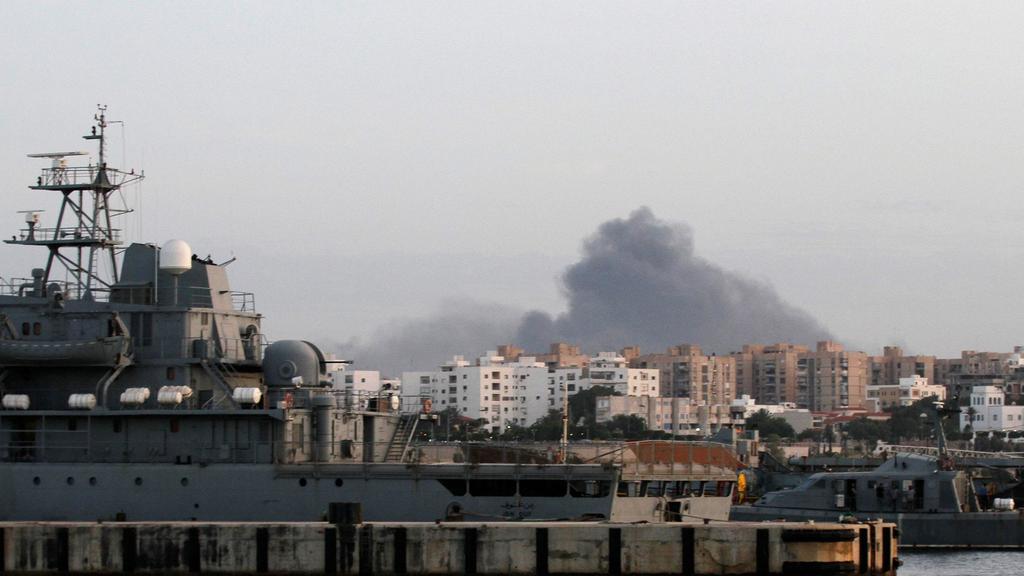The head of Libya’s National Oil Company (NOC) has warned his country’s revival has been put at risk by corrupt politicians and savage militias that have caused chaos and made the dinar worthless.
Warning against state capture, Mustafa Sanalla said that as the only the functioning national enterprise, the NOC faced attempts to hijack its finances, blockade on its output and attempts to intercept its distribution.
“Our governments and the central bank operate an economy that turns dollars into nearly worthless paper,” he said.
Speaking in London at the two-day Chatham House Middle East and North Africa Energy Conference, Mr Sanalla said the revenues his company generates from output of one million barrels a day was the only platform for rebuilding the country.
“The National Oil Corporation is the foundation from which Libya can be regenerated and for Libya to survive it must be protected,” he said. “Our first guarantee of security is economic justice. The law must be enforced and the oil must flow and we need joined-up governments.”
He also sent a warning to Europe of the disruptive impact of deals, such as those operated by Italy, to pay Libyan coastal militias to stop migrants leaving to cross the Mediterranean. Some of the hundreds of millions of euros handed over by Europe were funding “war criminals”, he said.
The one success in post-Qaddafi Libya is the NOC, which has kept fields operating despite conflict, blockades and hijacked distribution. Mr Sanalla makes no secret of his frustration with the political class, divided between the House of Representatives, the Government of National Salvation and others.
Aligning himself with the improved security that is promised by Field Marshal Khalifa Haftar’s rebuilding of the Libyan National Army and its presence in eastern Libya, Mr Sanalla said the military had fended off threats to the oilfields from the warlord Ibrahim Jathran, whose forces were thrown out of key export ports in September 2016.
“I don’t believe the LNA and its leadership will now allow the tactics of Jathran to be used under their supervision, especially because of their devastating economic effect,” he said.
He said he doubted the Libyan political agreement would ever be implemented, repeating a conversation with Ghassan Salame, the UN Libya envoy, in which he said it was up to the Libyan factions to put the national interest first.
“Before the revolution Libya was run by a man who claimed not to be in charge but now it is ruled by men who only claim to be in charge,” Mr Sanalla said.
“In terms of investment, we assume that this year, as in 2016 and 2017, political actors will attempt to use control of the state budget process to control NOC,” he said.
“All Libyans depend on our operations for their day-to-day subsistence. Revenues from our exports pay for food, medicines, and salaries across the country. But what really happens to those revenues? The truth is very few people know and those who know are not saying.”
Over two days, the Chatham House conference heard from leading industry executives and economists. There was a rough consensus that the price of Brent crude would average $60 over 2018.


















